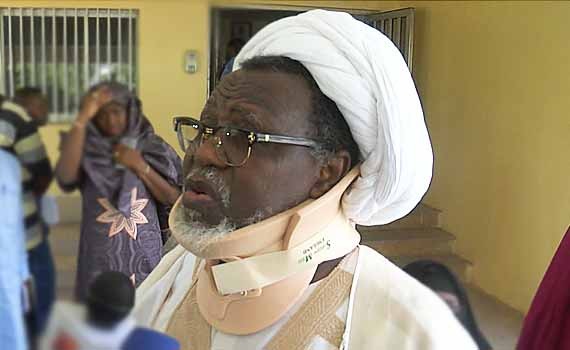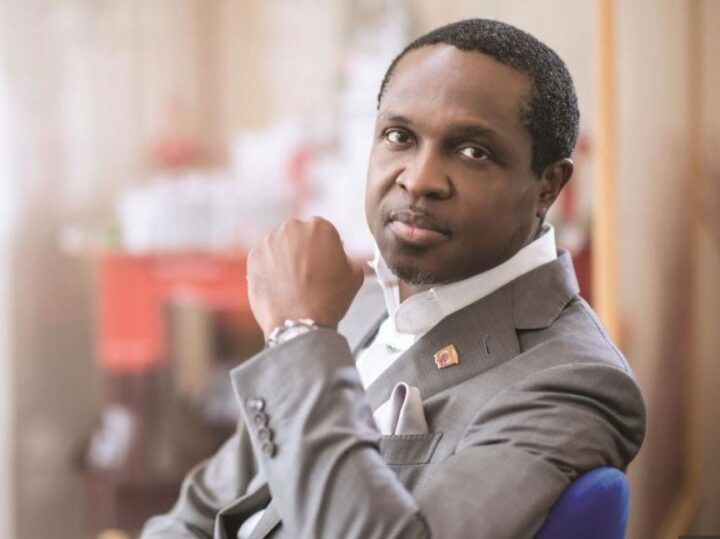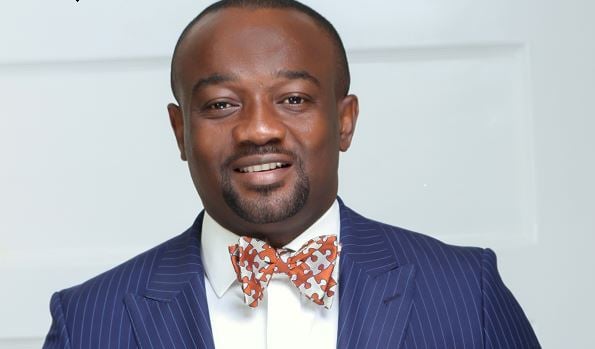President Muhammadu Buhari’s comment on the rule of law and national interest has generated vigorous debate about whether the president is mocking Nigeria’s constitution and its foundation or actually stating the obvious.
While delivering an address at the annual general conference of the Nigerian Bar Association (NBA) in Abuja on August 26, Buhari had said: “Rule of Law must be subject to the supremacy of the nation’s security and national interest. Our apex court has had cause to adopt a position on this issue in this regard and it is now a matter of judicial recognition that; where national security and public interest are threatened or there is a likelihood of their being threatened, the individual rights of those allegedly responsible must take second place, in favour of the greater good of society.”

The president’s statement did not go down well with many Nigerians including Mike Ozekhome, a senior advocate of Nigeria (SAN), who said national interest is “a veritable smokescreen under which a tyrannical and lawless government hides to promote its dubious agenda against the hapless masses.”
Femi Falana, another senior lawyer, also argued that national security is subject to rule of law but added that national matters can’t be placed above the law. He advised the government to strive to nurture the synergies between the two, and incorporate human rights into national security strategies.
Advertisement
CLAIM: RULE OF LAW IS SUBJECT TO NATIONAL SECURITY AND INTEREST
According to the Oxford Dictionaries, rule of law means the restriction of the arbitrary exercise of power by subordinating it to well-defined and established laws. A. V. Dicey, foremost professor of law, defines it as the equality of all persons before the law; observance of all laws by persons and authorities, irrespective of status.
The argument against the president’s comment is premised on the significance of rule of law in the scheme of things, largely giving essence to virtually everything about nationhood.
Advertisement
WHERE REALLY DOES THE RULE OF LAW STAND IN THE PLACE OF NATIONAL INTEREST AND SECURITY?
While arguing that the rule of law is “the very anvil and foundation on which any society is anchored”, Ozekhome cited a case between the military governor of Lagos state v Odumegwu Ojukwu (2001) at the supreme court in which the court ruled in favour of the ‘supremacy’ of the rule of law.
Andrews Obaseki, late justice of the apex court, had ruled in the case thus: “The Nigerian constitution is founded on the rule of law, the primary meaning of which is that everything must be done according to law. Nigeria, being one of the countries in the world which professes loudly to follow the rule of law, gives no room for the rule of self-help by force to operate”.

But while this is on a broader perspective, perhaps the most outstanding interpretation of the law regarding ‘suspension’ of rule of law and human rights when the national security is at stake is the supreme court decision of 2006 in the case between Dokubo Asari and the Federal Republic of Nigeria.
Advertisement
Asari was at the time being tried on a five count charge of conspiracy; treasonable felony; forming, managing and assisting in managing an unlawful society; publishing of false statement and being a member of an unlawful society. His application to be granted bail was rejected by various courts up to the supreme court which also turned down the request after establishing that Asari’s case brings national security in the line.
The apex court had ruled thus: “Where national security is threatened or there is the real likelihood of it being threatened human rights or the individual right of those responsible take second place, human rights or individual rights must be suspended until the national security can be protected or well taken care of. This is not anything new.
“The corporate existence of Nigeria as a united, harmonious, indivisible and indissoluble sovereign nation is certainly greater than any citizen’s liberty or right. Once the security of this nation is in jeopardy and it survives in pieces rather than in peace, the individual’s liberty or right may not even exist.”
THE INTERNATIONAL COVENANT ON CIVIL AND POLITICAL RIGHTS TOO
Advertisement
Interestingly, international human rights treaties such as the International Covenant on Civil and Political Rights to which Nigeria is a state party also supports tends to support Buhari’s submission.
Article 12 of the covenant provides for exceptional circumstances in which rights on freedom of movement may be restricted. Section 3 of the article states: “The above mentioned rights (freedom of movement) shall not be subject to any restrictions except those which are provided by law, are necessary to protect national security, public order (order public), public health or morals or the rights and freedoms of others, and are consistent with the other rights recognized in the present covenant.”
Advertisement

There are, however, conditions attached to these restrictions as contained in the covenant: they must be permissible, must be provided by law and must be necessary in a democratic society for the protection of these purposes.
Amid the debate of which comes first between rule of law and national security, there is actually the possibility of the two complementing each other for the peaceful coexistence of the nation, without the need for undue competition.
Advertisement
Falana captures this in his presentation at the NBA conference thus: “Rather than being competing goals, human rights and national security are in fact complementary. National security could be enhanced by a greater emphasis on the promotion of human rights. Since human rights provide the basis for social interaction in democratic societies, they must be protected. The cost of living in a society that human rights are not protected could not be justified by anything. The cost would be too high.”
CONCLUSION
Advertisement
Buhari did not err in his statement that there is a supreme court ruling. A treaty like the International Covenant on Civil and Political Rights also backs his claims.
But the key question becomes: who determines what constitutes a threat to national security? Is it the president or the court, especially in the light of the continued detention of various Nigerians despite court rulings ordering their release? Do Sambo Dasuki and Ibrahim El-Zakzaky constitute threat to national security? Asari’s case was deemed a threat to national security by a court of competent jurisdiction, the supreme court at that, and not by the president.
It is only logical to argue that the president should allow courts determine what constitute a threat to national security.
Add a comment







